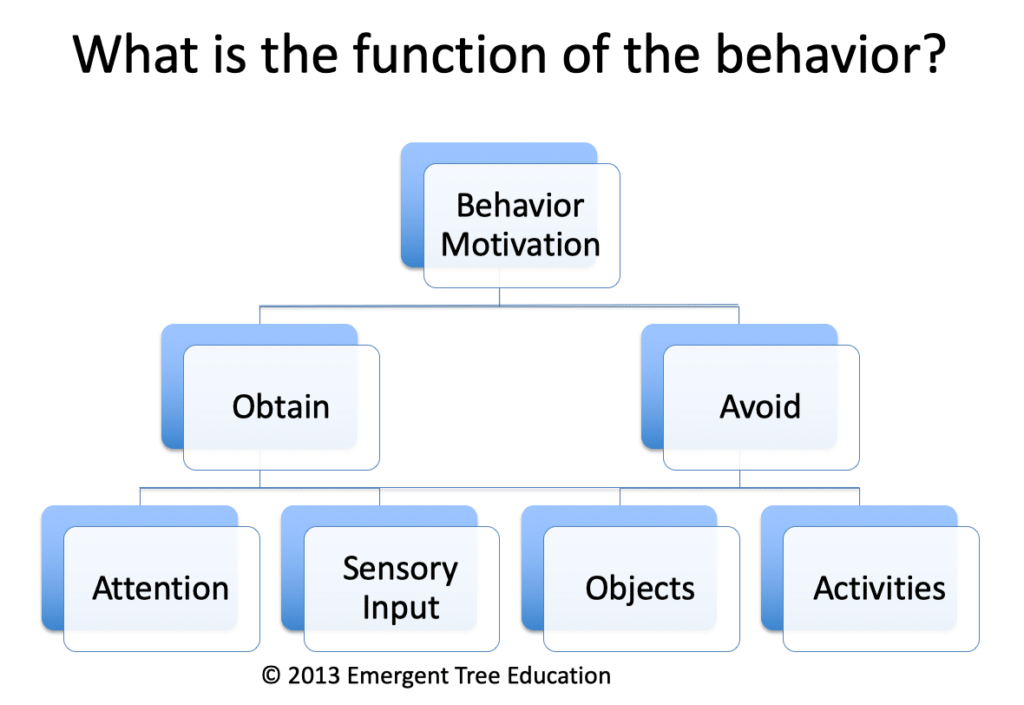For many of the students we work with, transitions and changes in schedules are hard. These kids rely heavily on their routines to know what is coming next, and when their routine is turned upside down, it can really have a negative impact on them, and result in difficulty managing challenging behaviors.
I’ve shared before that I have the honor of being the parent of one of these beautiful children who displays his fair share of challenging behaviors. My son is 13 now. He has Autism, Intellectual Disability, and Attention Deficit Hyperactivity Disorder. He needs structure in his life and the structure that he was accustomed to was pulled out from under him.
Enter Covid-19.
- You will no longer GO to school.
- You will not travel for spring break.
- For the two weeks following spring break, we will not have a plan for you at all—except that you will stay at home.
- You will use a thing called Zoom to attend a few classes.
- And then a few more classes.
- Now you will sit in front of a screen for 4-5 hours each day attending different classes, sessions with speech therapists, time with teaching assistants.
- All because of this thing that you refer to as “the virus”…
Thomas hasn’t really shown it to his teachers but the truth is that these changes in his routine have been REALLY hard for him. Not only that, he really struggles to understand what “the virus” is, and why this thing that we cannot see is having such a major impact on our lives.
It’s hard for Thomas to grasp WHY he can’t go down the street and shoot Nerf guns with his best friends. They are there and healthy. He is here and healthy. What’s the problem?
And this make him really UPSET!
I find Thomas punching walls, cutting his hair, screaming profanities, tearing up assignments, destroying Lego creations, putting dents in appliances and furniture, hitting the dog and his sisters and his parents,…
And those things make me really UPSET!
And I have to take a deep breath, and work really hard to remember that there is scientific evidence that we can make changes in challenging behaviors. I think about the tips and words of wisdom I have received from the many fabulous behavior specialists I have worked with over the years.
I pull out my favorite behavior chart that I first saw when I went to a workshop on FBAs and BIPs that was presented by Emergent Tree Behavior.

- What is the function of his behavior?
- Does he want something or is he trying to refuse something?
- If he wants something, what is it he wants?
- If he refuses something, what is it he refuses?
I remember words of wisdom from an awesome SLP, Sheryl Wilcox, whom I met when we both presented at Voice of the Mountains in El Paso. A couple of the nuggets she shared that stick with me are:
- Behavior is a verb, not and adjective (Biting Billy) or a person’s identify (The Runner).
- Tell your student (or your child) what you want (nice hands) instead of what you don’t want (stop hitting).
I think about Phase 1 of Satori Alternatives to Managing Aggression (SAMA) training.
- Calm yourself
- Use breathing, imagery, relaxation, and awareness techniques.
- Become aware
- Pay attention to what the person is doing and saying and how the person is doing and saying those things.
- Feel respect
- Remember that beyond the behavior the person has value and deserves to be respected as a human being without prejudice.
Want More Information on Managing Challenging Behaviors?
Inside SLP Impact I cover how to overcome behavioral roadblocks in intervention in a 1 hour course. I share in detail some of the approaches we can use when we are working with students who exhibit behaviors that negatively impact progress in therapy. Join me!


